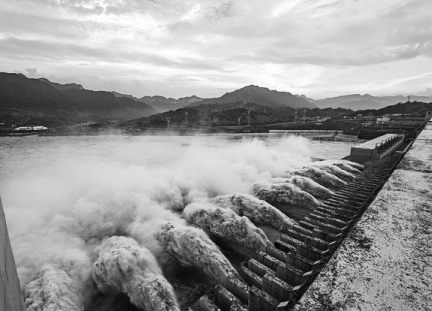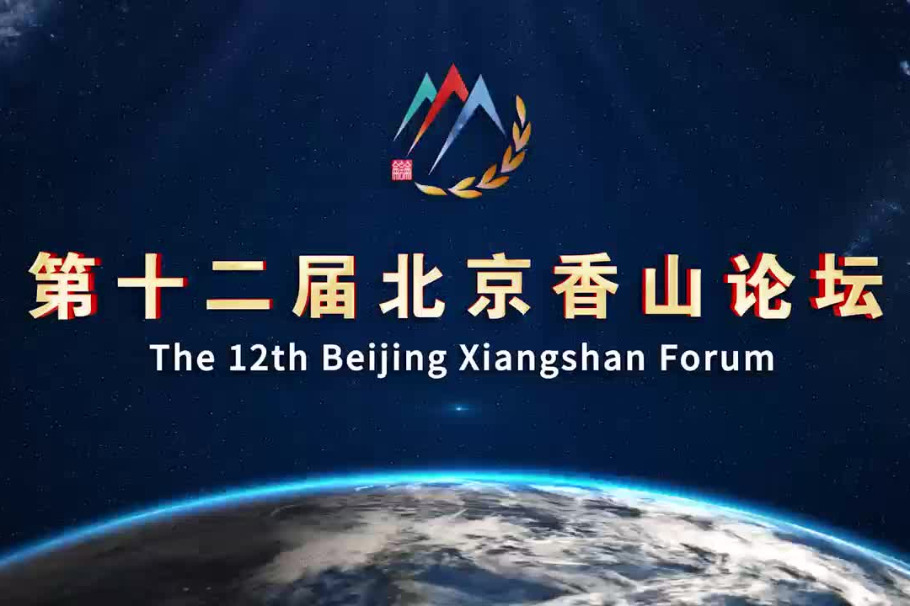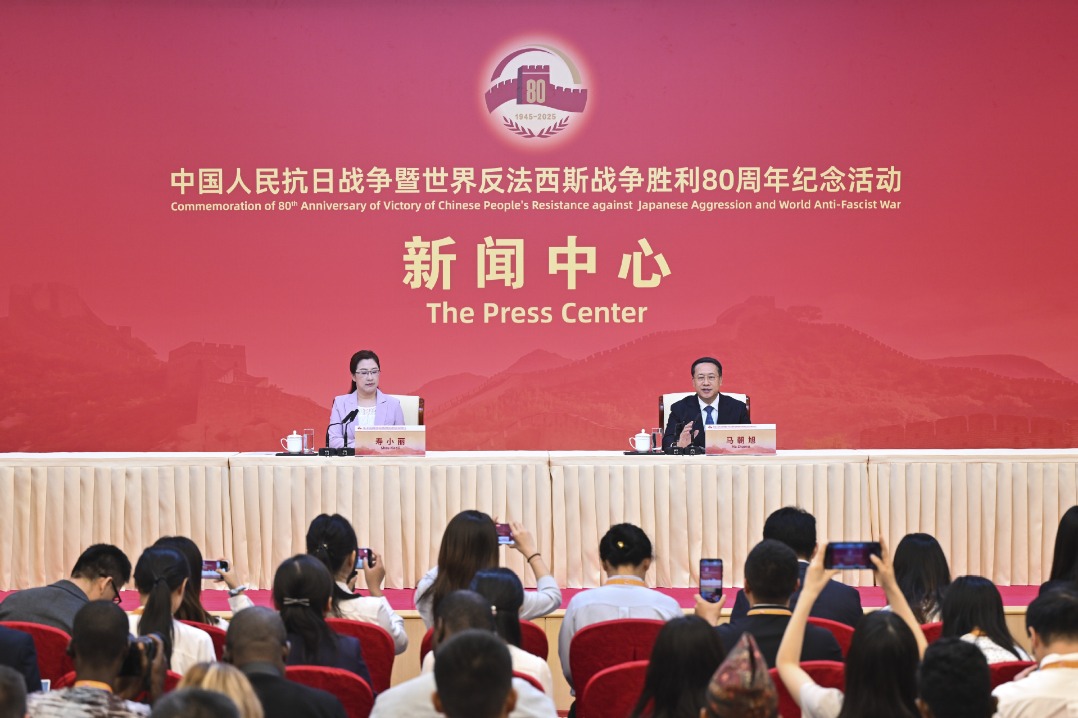Experts urge research into effects of CO2 neutrality goals
Economist calls for macroeconomic analytical frameworks at key centers

China should create high-quality analytical frameworks to research effects of carbon neutrality plan on the macroeconomy, a senior economist specializing in green and sustainable finance said.
Ma Jun, director of the Beijing Institute of Finance and Sustainability, urged China's central bank, research institutes and university professors to take the responsibility of finding out how to include the effects of carbon neutrality into their macroeconomic analyses.
The analytical frameworks must be dynamic, for responses to climate change are medium and long-term efforts, which cannot be reflected by macroeconomic models forecasting economic conditions in a month or three months, said Ma at the Tsinghua PBCSF Chief Economists Forum 2021.
"The effects of carbon neutrality cannot be shown effectively by traditional economic models. We must integrate other factors, such as the models of climate change and transformation of the energy structure, into economic models to obtain information," he said.
In Ma's view, the major factors that should be included into economic models are: extra investment in the efforts to achieve the goal of carbon neutrality, low and zero-carbon technologies, and policies concerning the relevant areas like energy, environmental regulation, green finance and carbon markets.
"In the context of carbon neutrality, China should research opportunities and challenges relating to investment… We need to do more detailed quantitative analysis on how big the challenges facing each high-carbon industry will be, and at which phase of the challenges loans will turn bad and (at what point) valuations of relevant companies will drop significantly," Ma said.
As such challenges may affect financial stability, both industry experts and the central bank-which oversees financial stability-ought to undertake such analyses, he said.
"Moreover, carbon neutrality will bring unbalanced distribution of costs and benefits across different regions and different industries. Under certain circumstances, it may lead to drastic shrinkage and even unemployment in some economies and some industries. How to ensure a relatively fair transformation, so as not to bring too much shock to social stability, is also a research topic we should dig into," he said.
Lu Zhengwei, chief economist at Industrial Bank Co Ltd, a Fuzhou-based commercial lender that leads green financial services in China, advised policymakers to establish cross-region compensation mechanisms for conventional energy production areas like Shanxi, China's largest coal-producing province, so that the costs of reducing carbon emissions can be shared across different regions.
"Some people say our country's energy structure transformation policies are too radical. But as I said, it's a question of whether or not we could seize the opportunity of a new round of industrial revolution.
"We all prefer staying in our comfort zone. By remaining in the old environment, however, we are highly likely to miss a great opportunity. Therefore, we should accelerate the transformation as realistic and feasible technologies have already come into existence."
China and the international society, Lu said, should launch more detailed policies to achieve carbon neutrality. Policymakers should identify the comprehensive macroeconomic track for China from the phase of hitting peak emissions by 2030 to the phase of achieving carbon neutrality by 2060, so that people will understand how high the risks will be for financial institutions and companies during the process of transformation.
"Once each company and each region has a clear understanding of its quota of carbon emission reductions and tasks, China will truly spur new demands for investment. Otherwise, companies are not under a lot of stress in terms of carbon emission reductions and therefore lack the motivation to invest in this field," Lu said.
He also highlighted the importance of standardizing carbon accounting report, so that the information disclosed by different companies will be comparable domestically and internationally.
In this way, China will form strong market discipline, which will in turn become a driving force for investment.

Today's Top News
- Qingdao-based area emerges as rising hub for regional growth
- Port city ramping up educational resources
- Leadership highlights ethnic unity
- Xi stresses persistent efforts to improve Party conduct
- Xi chairs meeting on ideological work, draft ethnic unity law
- Digital tech boom offers opportunities





























